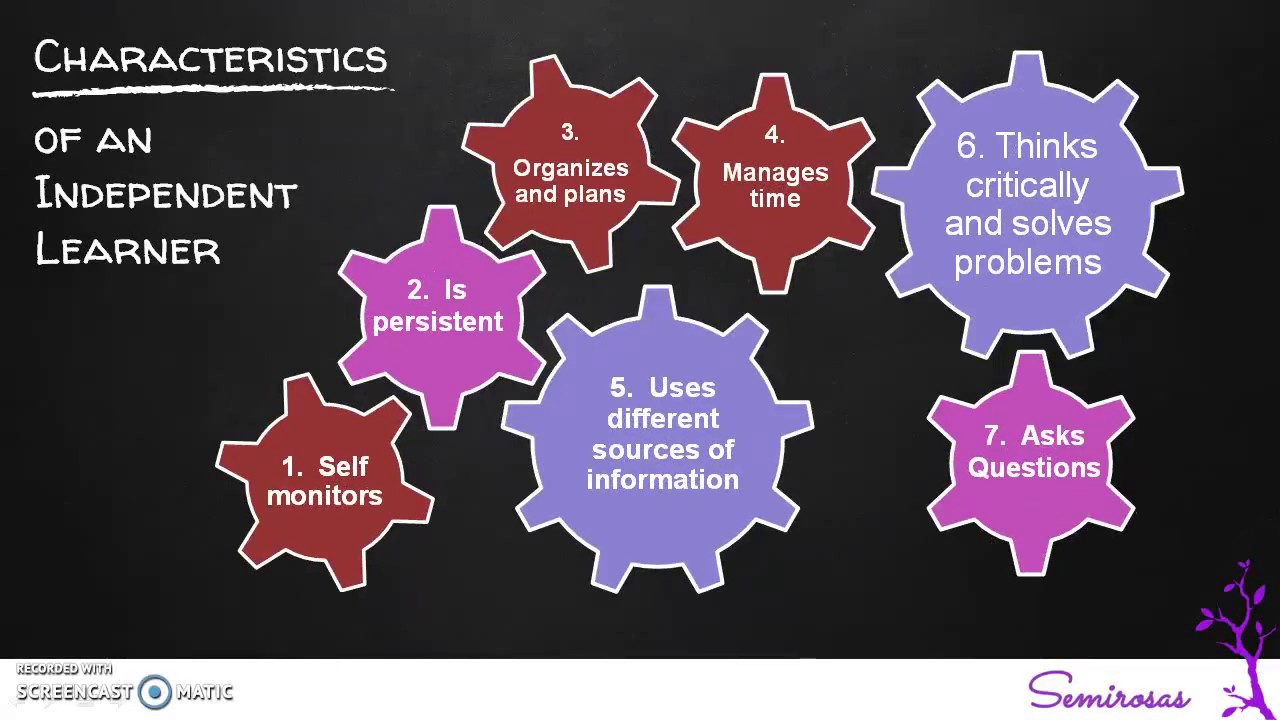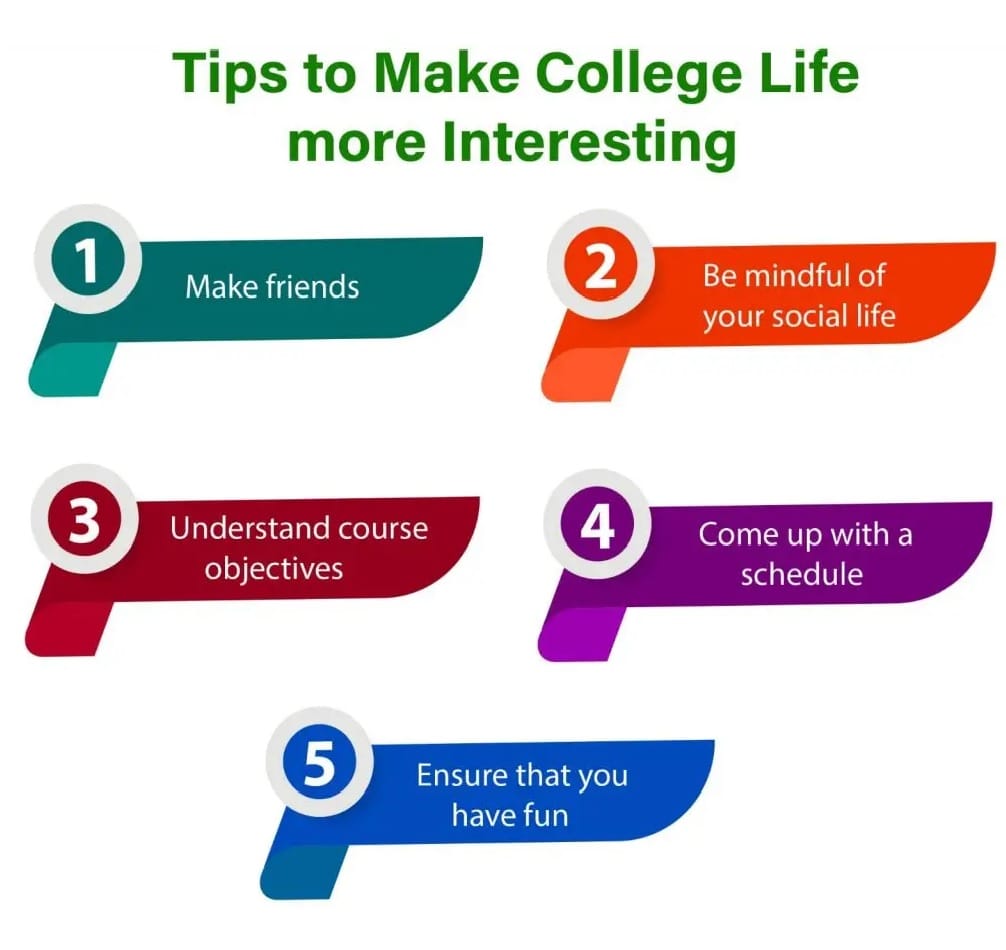Introduction
This transition is exciting and often challenging. It comes with a whole new set of responsibilities and opportunities that shape the rest of your lives.
While high school is like a safety net for many students, college presents a different kind of environment that requires a significant adjustment.
In this article, we will explore the differences between high school and college; and provide tips on how to make a successful transition.
Independent learning in college
One of the biggest differences between high school and college is in the academic expectations.
In college, students are expected to take more responsibility for their independent learning and be self-motivated.
The manner in which education is imparted can vary greatly, particularly for those who have not received instruction within an international curriculum.
The grading systems are often more complex, with more weight on individual assignments and tests. Additionally, coursework tends to be more challenging and requires a greater depth of knowledge and critical thinking.
In college, attendance is often not mandatory, and students are expected to take responsibility for their own attendance and participation in class.

Everyday living
As a student, it's important to recognize the essential life skills that come with independent living.
This includes keeping your dorm room clean, doing your laundry and ironing, managing your banking and finances, and purchasing essential items as needed.
For students living off campus, food management may also fall under their responsibility if common dining facilities are not available.
Students who take ownership of these responsibilities can develop crucial life skills and gain greater independence. When parents see that their students can manage these responsibilities well, they will likely feel more confident in their ability to succeed not only in college but also in future endeavors.
Furthermore, by becoming self-sufficient early on, students can settle into college life more quickly and effectively. As they say, the best time to begin is now.

More active social life in college
Along with academic expectations, the social life in college is also vastly different from high school. With a larger student body and more diversity, there are more opportunities for extracurricular activities, clubs, and events.
For most students, this is their first time living away from home and a vibrant social life and a friends circle is great support systems.
However, with all these options, time management becomes a critical skill.
In college, students have to balance their academic responsibilities with their social lives and other competing demands, which require a greater sense of responsibility and organization.
#Tip 1: The right place to be
Choosing the right college is a critical first step in this process.
Students need to consider various factors when selecting a school, such as the location and academic programs offered. Another important consideration is the cost of college.
Hiring the services of an independent educational consultant can make this process very easy as they can help the students at every step.
#Tip 2 Taking the time to adjust to life away from home
Adjusting to college life can be a significant challenge for many students, especially in the first few weeks of the semester.
Attending a pre-orientation program, if it is offered, is one way of easing into college life and meeting future classmates.
One of the first things students must navigate is their living arrangements, which can range from on-campus dormitories to other housing facilities near the campus. The activity of arranging for a stay can help students connect with fellow classmates and seniors, too.
Many students also find it helpful to join clubs or organizations that match their interests or hobbies, to meet like-minded individuals and build a social network on campus. This can also help them gain leadership experience.
Adjusting to college life requires a combination of flexibility, openness, and the willingness to step outside of one's comfort zone. Just remember, even as it is all new for you, it is new for everyone else.
Prioritize mental health and seek support when needed to ensure a successful and healthy college experience. Staying connected with family back home is equally essential, as it not only eases the parents’ minds but also serves as an anchor in a completely new environment.
#Tip 3 Developing time management and study skills
Academic success in college requires a significant amount of dedication and hard work. Time management is a key component of this success, and students need to learn effective strategies for the same.
Tips for managing time effectively include creating a schedule, prioritizing tasks, and setting goals. Another critical component of academic success is developing strong study skills like effective note-taking techniques, and mastering test-taking strategies.
Colleges offer a variety of resources, such as tutoring, study groups, and academic advising, to help students succeed. This is an important topic and I will address this soon in another blog.
While the transition from high school to college can be both exhilarating and challenging, with adequate preparation and an open mindset, students can successfully navigate this new chapter in their lives.
Hiring an independent educational consultant eases this journey significantly.

What Revadmissions does for you and your child?
At Revadmissions:
- I'm deeply and personally involved in the entire process, from initial meetings to post-admission support.
- I work with a limited number of students to offer personalized attention and provide guidance tailored to each student's unique needs, strengths, and aspirations.
- I bring coaching tools into my practice so it can be a journey of growth for my students.
- I monitor their applications and essays closely to ensure my students present their best selves to colleges.
- My goal is to help each student realize their unique potential and get accepted to colleges that are the right fit for them.
- My aim is not only to direct them to best-match colleges but also to groom these young minds for a bright future.
If you would like to discuss more, please write to revadmissions@gmail.com.


